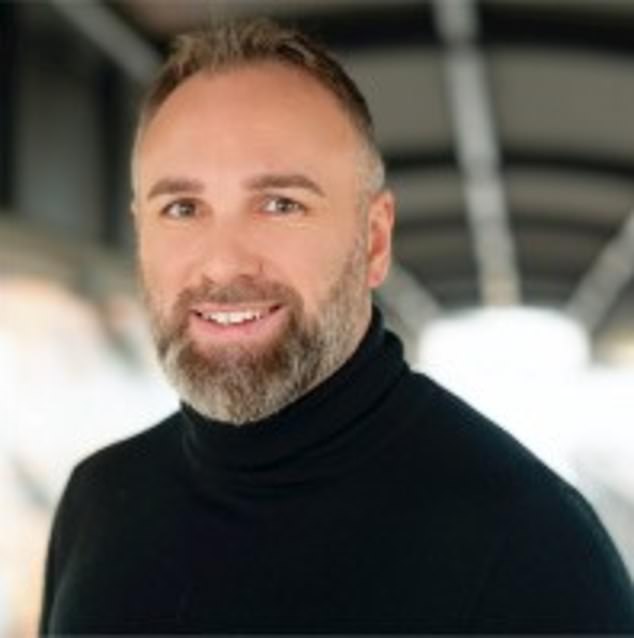AI could provide the ‘ultimate second opinion’ as scientists say it is just as good as doctors at analysing X-rays
- The AI software can scan X-rays once they are captured with an accuracy of at least 94%.
- The study believes AI could assist doctors and help solve NHS staff shortages
Artificial intelligence could provide the “ultimate second opinion” because it is as good as doctors at analyzing X-rays, scientists have said.
Tests using artificial intelligence software on millions of old scans diagnosed cases at least as accurately as radiologists 94 percent of the time.
The joint study by the University of Warwick and King's College London suggests it may be vital in avoiding human error when examining patient outcomes.
The AI software, which can scan X-rays as soon as they are taken, can understand the severity of each case and flag the most urgent cases immediately.
The study authors suggested it could be used to screen X-rays, freeing up time for busy doctors to focus on the most seriously ill patients and helping to deal with chronic NHS staff shortages.
The researchers first fed the AI model – called X-Raydar – nearly three million historical chest scans from 1.5 million patients and then taught it to check for 37 possible conditions (stock image)
A recent study by the Royal College of Radiologists found that a shortage of specialist staff is leading to longer waiting times and delays in treatment in almost all UK cancer centers.
The researchers first fed the AI model — called X-Raydar — nearly three million historical chest scans from 1.5 million patients and then taught it to check for 37 possible conditions.
The software – which flags any abnormalities with a percentage chance of them being there – was shown to be “as accurate or more accurate than a doctor's analysis” for 35 of the 37 cases.
Dr Giovanni Montana, Professor of Data Science at the University of Warwick and lead author, said: “This software has been trained on millions of X-rays and is extremely accurate.

Dr Giovanni Montana (pictured), professor of data science at the University of Warwick, suggested the tool could also be used as a screening tool, allowing radiologists to focus on more difficult and critical tests instead.
“It removes the elements of inevitable human error and bias. If a patient is referred for an X-ray with a heart problem, doctors will inevitably focus on the heart rather than the lungs.
“This is completely understandable but it risks creating problems that have not been discovered in other fields. This AI removes that human bias – it is the ultimate second opinion.”
Since half of the X-rays found no abnormalities, it was suggested that the tool could also be used as a screening tool, allowing radiologists to focus on more challenging and critical tests instead.
Professor Vicky Goh, co-author from King's College London, said: “The AI programs available to us in the NHS have only a limited scope. Comprehensive AI programs like this will be the future of medicine, with AI acting as a co-pilot for busy doctors.”
“With a severe shortage of radiologists in the UK, such programs will facilitate interpretation and reduce delays in diagnosis and treatment.”
(Tags for translation)dailymail
